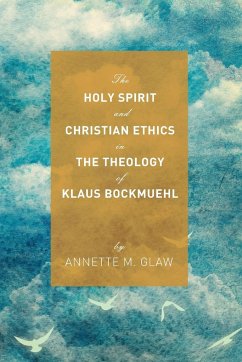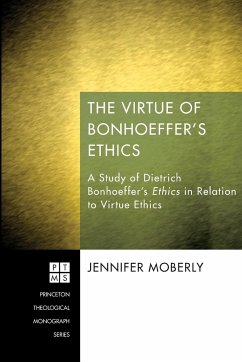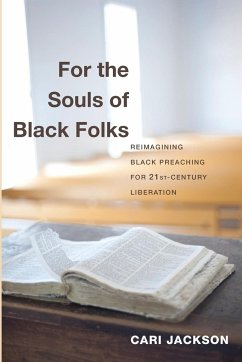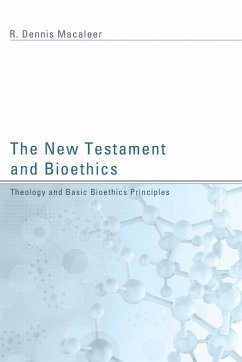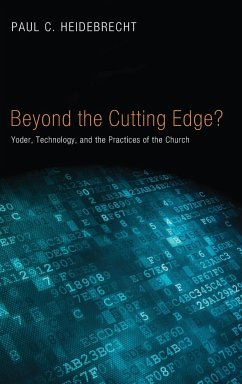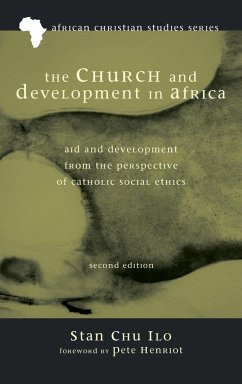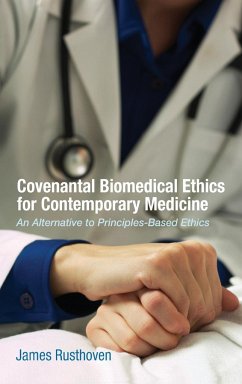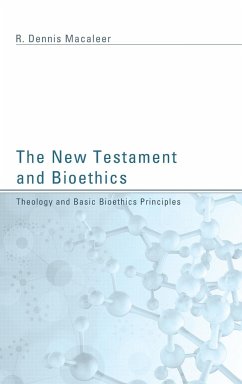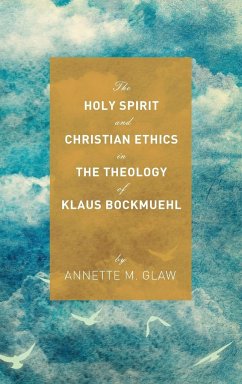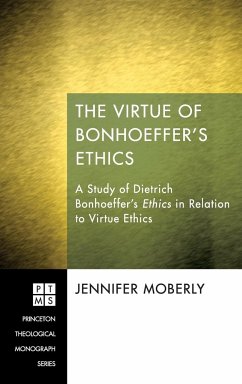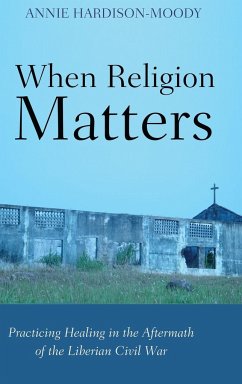
When Religion Matters

PAYBACK Punkte
17 °P sammeln!
How does starting with women's statements that ""God was there"" in the moment of wartime violence shift the ways we think about religion, conflict, and healing? Religion and health scholar Annie Hardison-Moody examines this interdisciplinary question through several lenses--postconflict feminist theory, practical theology, and feminist and womanist theory and theology. Drawing on participatory fieldwork with a Liberian community in North Carolina, Hardison-Moody argues that religion matters for many survivors of violence, and that this fact must be taken into account in international conversa...
How does starting with women's statements that ""God was there"" in the moment of wartime violence shift the ways we think about religion, conflict, and healing? Religion and health scholar Annie Hardison-Moody examines this interdisciplinary question through several lenses--postconflict feminist theory, practical theology, and feminist and womanist theory and theology. Drawing on participatory fieldwork with a Liberian community in North Carolina, Hardison-Moody argues that religion matters for many survivors of violence, and that this fact must be taken into account in international conversations about women, violence, and healing. Consequently, she looks beyond the institutional forms of religion, instead studying the ways women live and profess healing and transformation as a part of their everyday lives. This, she argues, is the crucial task for postconflict transformation work. Understanding these ""everyday"" ways women experience and heal from violence is central to advancing our conceptions of healing and peace as they exist in a world rife with conflict. Scholars, activists, and caregivers will be able to draw on this resource as they attempt to understand and practice healing and transformation with those who have experienced violence and trauma. ""Dr. Hardison-Moody's breathtaking new book is lyrically written, even as it wrestles with the raw suffering of war as it affected Liberian women. This book expands our imagination by bringing to light the distinctiveness of the transformational work accomplished by women victimized by war. By emphasizing the powerful role of religion--as understood by women--new possibilities emerge for peace-building in the aftermath of a war that seemed to make every future impossible. Highly recommended!"" --Wendy Farley, Professor of Religion and Ethics, Emory University ""This exemplary book showcases the impact of religion on healing from the horrors of war. Using feminist practical theological tools, Annie Hardison-Moody takes up women's cause with amazing verve and intellect, studying religion's reconciling role, not (just) as an institutional or doctrinal matter but as an everyday force in people's lives."" --Bonnie J. Miller-McLemore, E. Rhodes and Leona B. Carpenter Professor of Religion, Psychology, and Culture, The Divinity School and Graduate Department of Religion, Vanderbilt University; author of Christian Theology in Practice: Discovering a Discipline and Also a Mother: Work and Family as Theological Dilemma Annie Hardison-Moody is Assistant Professor in the Department of Agricultural and Human Sciences at North Carolina State University, where her work focuses on the intersections of religion and health.




